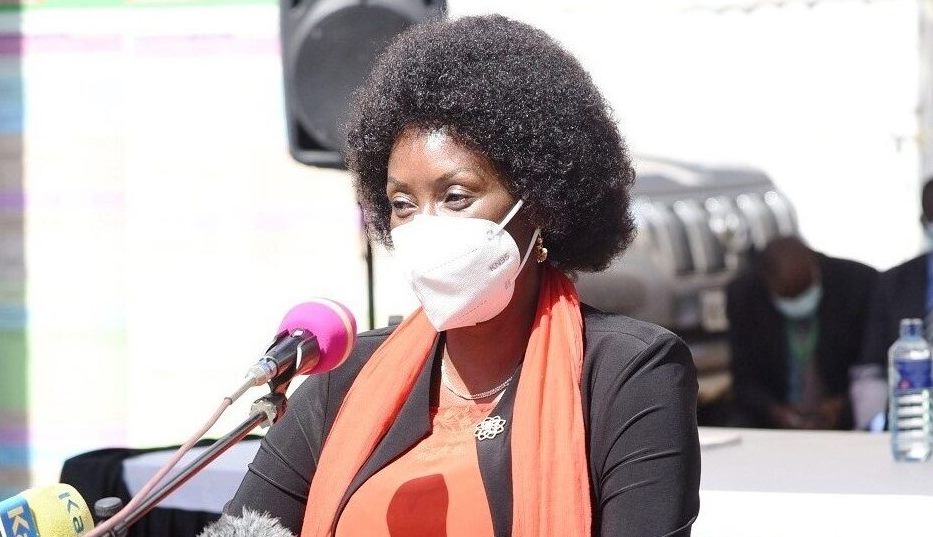Elimination Of Co Payment For Hospital Visits In Teachers Medical Scheme

In a comprehensive effort to bolster support for teachers, the medical scheme provider has implemented several changes, with a primary focus on the prudent utilization of public funds.
A notable modification involves the removal of the contentious co-payment requirement for teachers during hospital visits, specifically eliminating the previous obligation for a Sh50 top-up for outpatient consultations.
Muthui, a spokesperson for the medical scheme, highlighted that this adjustment was made in response to public feedback, intending to reduce confusion and discomfort surrounding this aspect. Explaining the rationale behind co-payments, Muthui pointed out that insurers typically adopt this approach to mitigate the risk of excessive usage within a medical coverage.
Under this system, a portion of the outpatient consultancy fee is charged to the scheme member, while the remaining balance is covered by the scheme. The intention is to encourage individuals to seek medical attention only when necessary. Muthui clarified, “There is so much confusion and pain around this so we decided to remove it so that the pain is no longer felt.”
Additionally, the medical scheme has focused on improving the efficiency of pre-authorization processes for in-patient cases, reducing the turnaround time and ensuring quicker responses to such requests. These changes collectively aim to enhance the overall experience and support provided to teachers through the medical scheme.
The scheme’s requirement for pre-authorization has been a source of contention, involving the insurer’s verification of an in-patient request before treatment. Muthui, a representative, highlighted the reduction of the turnaround time to 10 minutes, addressing delays from previous incidents. This step, while instrumental in dealing with fraud cases, is considered crucial for the scheme’s sustainability, both financially and infrastructure-wise.
Health insurance is susceptible to fraud, with the Insurance Regulatory Authority (IRA) estimating that up to 30% of medical insurance claims are fraudulent. Muthui emphasized the scheme’s diligence in the duty of care as a key factor in its sustainability.
Despite recording an average of 7,000 daily outpatient visits and 300 hospitalizations, the scheme has demonstrated improved mortality rates. Muthui explained a significant decline in mortality among teachers and their dependents, noting a reduction of mortality rates by 50%.
